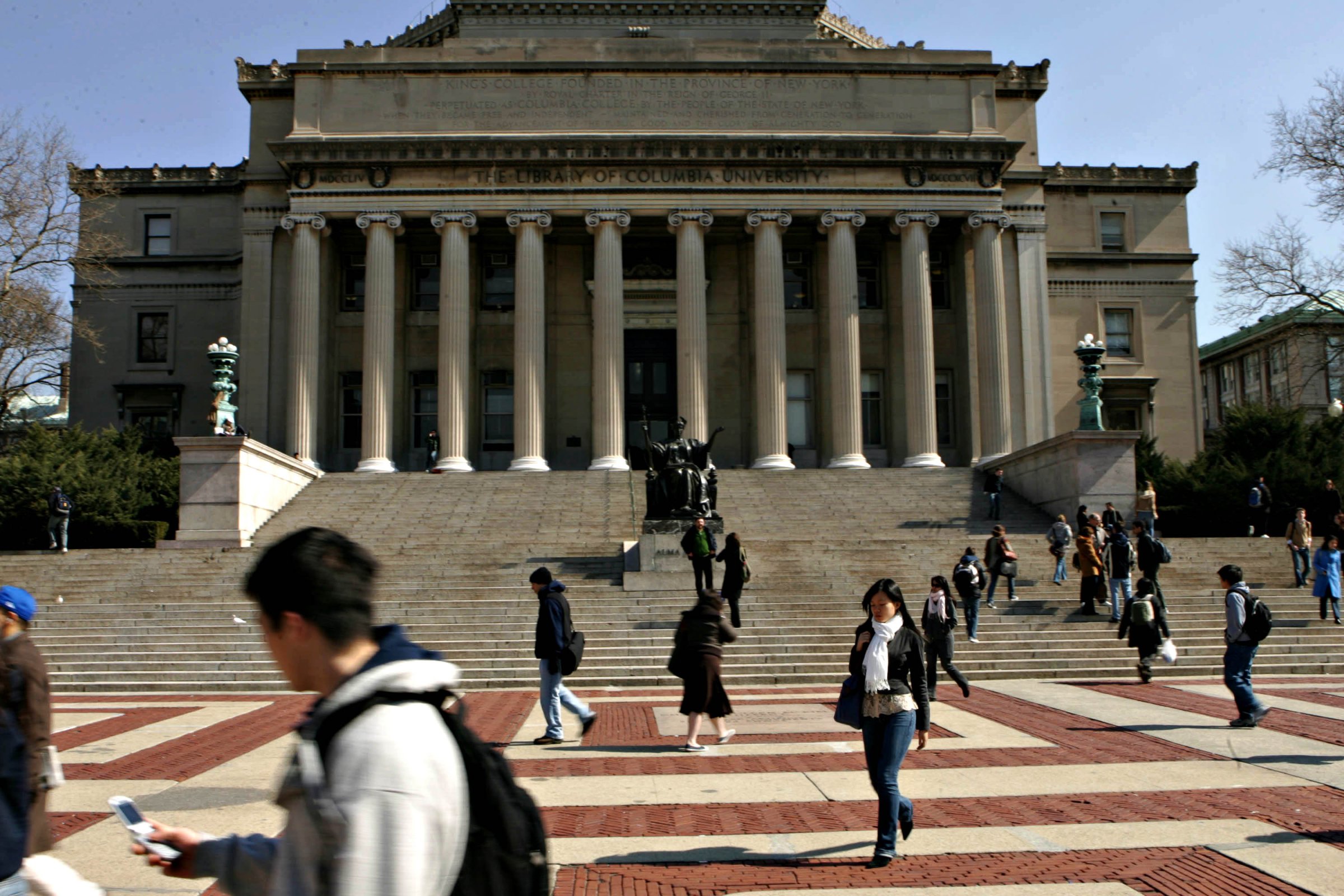
This month, high school seniors across America are receiving college decision letters of acceptance and rejection. Many of these students, and their parents, think that where they go to college will significantly affect their employment future.
They think wrong. Today, whether you go to college retains some importance in your employment options. But where you go to college is of almost no importance. Whether your degree, for example, is from UCLA or from less prestigious Sonoma State matters far less than your academic performance and the skills you can show employers.
Research on the impact of college selection has focused on comparing the earnings of graduates of different colleges. In 1999, economists Alan Krueger and Stacy Berg Dale published a widely read study that compared the earnings of graduates of elite colleges with those of “moderately selective” schools. The latter group was composed of people who had been admitted to an elite college but chose to attend another school.
The economists found that the earnings of the two groups 20 years after graduation differed little or not at all. A larger follow-up study, released in 2011 and covering 19,000 college graduates, reached a similar conclusion: whether you went to Penn or Penn State, Williams College or Miami University of Ohio, job outcomes were unaffected in terms of earnings.
Earnings are only part of the employment picture. Other measures, like job satisfaction and social value, are more difficult to quantify. In a thoughtful 2004 essay, the writer Gregg Easterbrook interviewed college officials throughout the country to assess these impacts. His conclusion: on a range of measures of job satisfaction, attendance at an elite college had little impact.
Forty years ago, elite colleges offered a demonstrably higher level of education. Today, as many as 200 colleges across the U.S. offer a similar level of education and have excellent faculty and facilities.
The minor role that a job candidate’s college plays in hiring becomes even clearer when you talk to California workforce professionals. Kris Stadelman, director of the NOVA Workforce Investment Board in Silicon Valley, is a leader in understanding how hiring criteria changed in California. “Employers are interested in what skills you bring and how these skills can be used in their business,” she says. In one study, NOVA interviewed tech employers and learned that mastery of current technologies is the most critical factor in their hiring decisions. Few employers even mentioned college degrees as a factor. ”Especially in the tech industry, employers want to see skills applications rather than traditional resumes. Show, don’t tell,” says Stadelman.
Over the past three years, U.S. Bureau of Labor Statistics regional commissioner Richard Holden and I have been researching hiring processes and criteria. We’ve found that this emphasis on skills extends beyond tech to other major employment sectors, including business services, financial services, health care and hospitality. Employers seek people with skills that apply to the particular job—and who have the ability to solve problems and work in a team.
As a volunteer job coach, I encourage every young adult who is at all interested to attend college. Unless the family has a financial need, there is no reason for a young person to rush into the workforce—especially since our work lives now last an estimated 40 years.
I also say: If you have the good fortune to choose among colleges, it is worth taking the process seriously. Obtain as much information as possible to evaluate the location, size and educational specialties of every school. But remember: the particular college degree will be of little consequence, especially after you’ve been in the labor force for more than a few years.
What’s most important is what you will do, at college and in life, to keep improving your skills, to develop your character, to remain persistent. You’ll also need some mazel.
That’s Yiddish for luck.
Bernick is the former director of the California labor department, the Employment Development Department, and has been involved in job training and placement since 1979. He currently is a Milken Institute Fellow and Zocalo contributing editor. This piece originally appeared at Zocalo Public Square.
More Must-Reads from TIME
- Inside Elon Musk’s War on Washington
- Meet the 2025 Women of the Year
- Why Do More Young Adults Have Cancer?
- Colman Domingo Leads With Radical Love
- 11 New Books to Read in Februar
- How to Get Better at Doing Things Alone
- Cecily Strong on Goober the Clown
- Column: The Rise of America’s Broligarchy
Contact us at letters@time.com